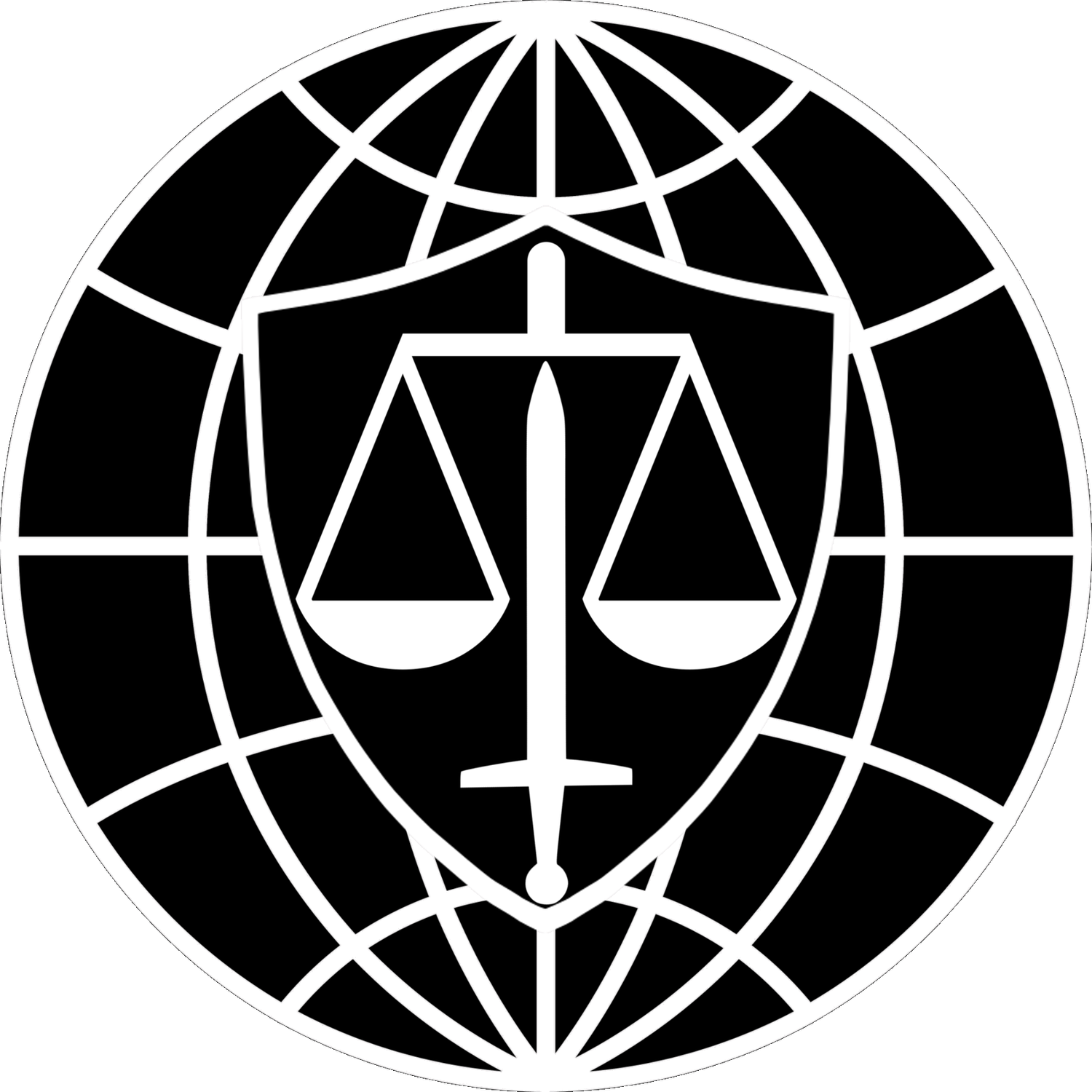Overview of Federal Agencies Involved in U.S. Immigration Enforcement and Policy
Date of Information: 08/14/2025
Check back soon; we update these materials frequently

The U.S. immigration system is administered through a complex network of federal departments and agencies. While the Department of Homeland Security (DHS) is the central hub for immigration enforcement and benefits, other departments play critical roles in adjudication, oversight, and foreign policy. This page offers a high-level overview of the primary federal entities involved in immigration, focusing on their roles, legal authorities, and jurisdictional boundaries.
I. Department of Homeland Security (DHS)
DHS is the primary executive branch department responsible for implementing and enforcing immigration laws within the United States. Created in 2002 in response to the September 11 attacks, DHS absorbed most immigration-related functions that were previously housed in the now-defunct Immigration and Naturalization Service (INS). Within DHS, responsibilities are divided among three major sub-agencies:
1. U.S. Customs and Border Protection (CBP)
Primary Role: Border security and immigration enforcement at ports of entry and along U.S. borders.
Functions: Inspection at ports of entry, patrol of land and maritime borders, interdiction of unauthorized entrants, and limited authority to conduct warrantless stops near the border.
Legal Authorities: INA § 287, 8 U.S.C. § 1357; 8 C.F.R. § 287.1; and various DHS regulations.
2. U.S. Immigration and Customs Enforcement (ICE)
Primary Role: Interior immigration enforcement and investigations.
Functions: Arrest, detention, and removal of noncitizens present in violation of immigration law; investigation of immigration-related crimes.
Legal Authorities: INA § 287; Title 8 of the U.S. Code; criminal investigative powers under Title 18 and Title 21.
3. U.S. Citizenship and Immigration Services (USCIS)
Primary Role: Administration of lawful immigration benefits.
Functions: Adjudication of asylum, naturalization, green card, and visa petitions.
Legal Authorities: INA Titles I, II, III, and VI; 8 C.F.R. §§ 100–499.
II. Department of Justice (DOJ)
The Department of Justice plays a critical adjudicative and prosecutorial role in immigration, especially in removal proceedings and appellate review.
1. Executive Office for Immigration Review (EOIR)
Primary Role: Conducting removal proceedings and adjudicating immigration appeals.
Functions: Immigration Courts and the Board of Immigration Appeals (BIA) operate under EOIR.
Legal Authorities: 8 C.F.R. § 1003; delegated authority from the Attorney General under the INA.
2. Office of Immigration Litigation (OIL)
Primary Role: Litigates immigration matters on behalf of the federal government in federal district and appellate courts.
Functions: Defense of removal orders, policy challenges, and habeas petitions.
3. Criminal Division / U.S. Attorneys
Primary Role: Prosecute immigration-related crimes, including illegal reentry, human trafficking, document fraud, and immigration fraud.
III. Department of State (DOS)
The Department of State, through its consular services and diplomatic functions, is the principal agency for immigration outside the U.S. It handles visa issuance and works closely with foreign governments and the Department of Homeland Security.
1. Bureau of Consular Affairs
Primary Role: Issuance and denial of immigrant and nonimmigrant visas at U.S. consulates abroad.
Functions: Visa interviews, security checks, and coordination with DOS legal advisors and DHS.
Legal Authorities: Immigration and Nationality Act (INA); Foreign Affairs Manual (FAM).
2. Coordination with DHS
Visa policy is coordinated with DHS, which retains ultimate authority to admit or deny entry at the border.
The Visa Security Program (VSP) embeds DHS officers in certain consulates to assist in screening.
Frequently Asked Questions (FAQ) About Federal Agencies Involved in Immigration
Which federal department is primarily responsible for immigration?
The Department of Homeland Security (DHS) leads immigration enforcement and benefits administration in the U.S., after inheriting most INS functions in 2002. Charles International LawWhat does CBP do?
U.S. Customs and Border Protection (CBP) secures borders and ports of entry, conducts inspections, patrols land and maritime borders, and interdicts unauthorized entrants under specific statutory authorities. Charles International LawWhat does ICE do?
U.S. Immigration and Customs Enforcement (ICE) handles interior enforcement: arrests, detention, removals, and criminal investigations related to immigration violations and associated crimes. Charles International LawWhat does USCIS do?
U.S. Citizenship and Immigration Services (USCIS) adjudicates immigration benefits like asylum, naturalization, green cards, and various visa petitions. Charles International LawWho runs the immigration courts?
The Executive Office for Immigration Review (EOIR) in the Department of Justice (DOJ) operates Immigration Courts and the Board of Immigration Appeals (BIA). Charles International LawWho handles immigration cases in federal courts?
DOJ’s Office of Immigration Litigation (OIL) represents the government in federal district and appellate courts on immigration matters, including challenges to removal orders and policy suits. Charles International LawWho prosecutes immigration-related crimes?
Within DOJ, U.S. Attorneys and the Criminal Division prosecute offenses such as illegal reentry, document fraud, trafficking, and immigration fraud. Charles International LawWhich agency issues visas abroad?
The Department of State (DOS)—through the Bureau of Consular Affairs—conducts visa interviews and makes issuance or refusal decisions at consulates, coordinating with DHS on policy and security. Charles International LawWho decides if a traveler can enter the U.S. at the border?
Even when DOS issues a visa, DHS (typically CBP) makes the admission decision at ports of entry. Charles International LawHow do DHS and DOS coordinate on visa security?
Through mechanisms like the Visa Security Program, DHS officers may be embedded at certain consulates to assist with screening. Charles International LawWhat’s the difference between DHS enforcement and DOJ adjudication?
DHS (CBP/ICE) enforces immigration laws and administers benefits (USCIS), while DOJ (EOIR) adjudicates removal cases and appeals, and OIL litigates immigration matters in federal courts—separate roles that intersect throughout a case’s lifecycle. Charles International LawWhy does understanding agency roles matter?
Knowing which department does what helps applicants and counsel route filings correctly, prepare for interviews or hearings, and understand how decisions and appeals move between agencies.
Conclusion
While DHS is the lead agency for immigration enforcement and benefits, DOJ ensures procedural due process and appellate review, and DOS governs entry from abroad. Understanding these distinctions is essential for grasping the full scope of U.S. immigration law and policy. Each department plays a distinct but interdependent role in the immigration ecosystem, with legal authorities that sometimes overlap but are grounded in distinct statutory frameworks.
Other Helpful Resources:
See Also:
CIL Guide to the Circumvention of Lawful Pathways Rule




